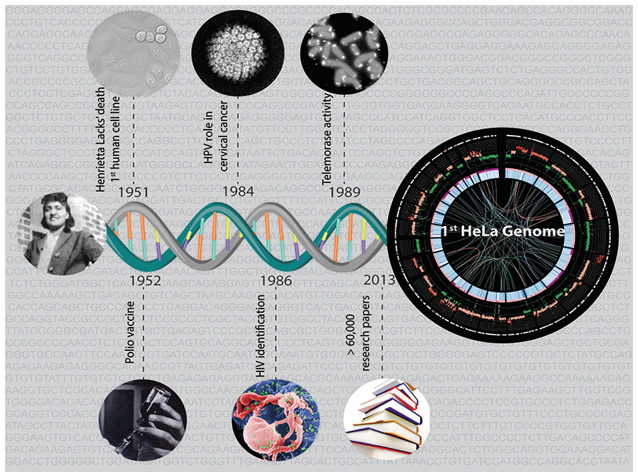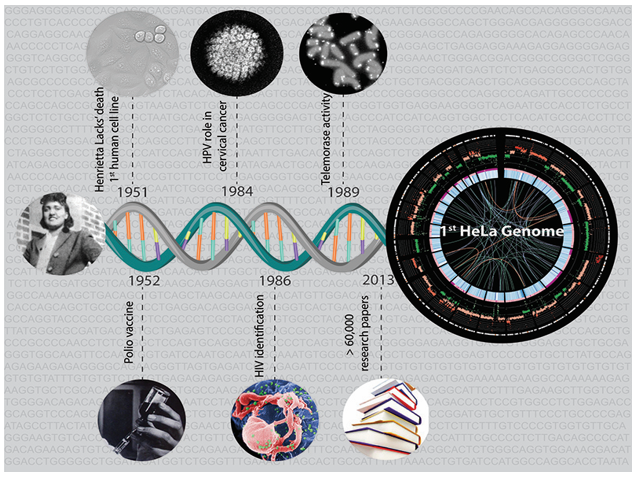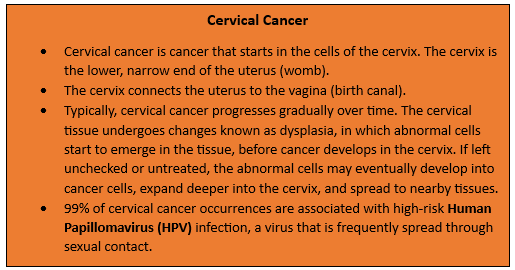- Courses
- GS Full Course 1 Year
- GS Full Course 2 Year
- GS Full Course 3 Year
- GS Full Course Till Selection
- Answer Alpha: Mains 2025 Mentorship
- MEP (Mains Enrichment Programme) Data, Facts
- Essay Target – 150+ Marks
- Online Program
- GS Recorded Course
- Polity
- Geography
- Economy
- Ancient, Medieval and Art & Culture AMAC
- Modern India, Post Independence & World History
- Environment
- Governance
- Science & Technology
- International Relations and Internal Security
- Disaster Management
- Ethics
- NCERT Current Affairs
- Indian Society and Social Issue
- NCERT- Science and Technology
- NCERT - Geography
- NCERT - Ancient History
- NCERT- World History
- NCERT Modern History
- CSAT
- 5 LAYERED ARJUNA Mentorship
- Public Administration Optional
- ABOUT US
- OUR TOPPERS
- TEST SERIES
- FREE STUDY MATERIAL
- VIDEOS
- CONTACT US
HENRIETTA LACKS HeLa Cells
HENRIETTA LACKS HeLa Cells
05-08-2023

Latest Context
The Henrietta Lacks family recently settled a lawsuit against a biotech company accused of using her cells for financial benefit without her permission, which revolutionised medicine.

Who was Henrietta Lacks and Why are Her Cells/HeLa Cells Important?
- African-American lady Henrietta Lacks passed away from cervical cancer in 1951 at the age of 31.
- Her cells might develop endlessly in culture after physicians removed a sample of her tumour without her knowledge or consent and sent it to a lab.
- Her cells, sometimes referred to as HeLa cells, were the first human cell line to be immortalised and are among the most frequently utilised in biomedical research.
- HeLa cells have aided in the creation of several scientific innovations, including the polio vaccine, gene mapping, cancer treatments, AIDS research, cloning, stem cell research, and Covid-19 vaccinations.
- On October 13, 2021, the World Health Organisation (WHO) presented Henrietta Lacks with a posthumous WHO Director-General's award. The honour recognises her narrative of injustice and her contributions to science and health that have had a profound impact on the globe.
- The WHO Director-General's Award is a prestigious honour presented by the organisation to people or organisations that have made outstanding contributions to advancing global health, shown leadership and commitment to issues relating to regional health, and exemplified lifelong commitment, unrelenting advocacy, and selfless service to humanity.

Must Check: IAS Coaching Centre In Delhi



